The devil wants us to forget who we are. That we are created good by a God who loves us more than anything; that we can never fall far from grace if we stay close to Jesus; that we are sons and daughters of God who have the freedom to love and grow and think and work with God to create the world anew. None of that serves the devil’s purposes, and so in our time, really in all time, he has worked very hard to make us forget who we are. If you think about any scandal or problem in the world today, I think you’ll find that at the core of most of it is when people forget who they are.
Forgetting who we are changes everything for the worse. It makes solving problems or ending scandal seem insurmountable: we constantly have to cook up new solutions to new problems, because we’ve gone in a new direction on a road that never should have been traveled. That was the scandal of Eden, and the scandal of the Tower of Babel, among others. Once we’ve forgotten who we are and acted impetuously, it’s hard to un-ring the bell.
One of the consequences of forgetting who we are is that we forget who God is too. We no longer look to God to be our Savior, because we instead would like to solve things on our own. Perhaps we are embarrassed to come to God because we are deep in a problem of our own making. We see this all the time in our lives: who of us wants to go to a parent or teacher or boss or authority figure – or anyone, really – and tell them that we thought we had all the answers but now we’ve messed up and we can’t fix it and we desperately need their help? If that’s true then we’re all the more reluctant to go to God, aren’t we?
This forgetting who we are, and forgetting who God is, is the spiritual problem that our readings are trying to address today. Moses meets the people on the occasion of the harvest sacrifice, and challenges them not to make the sacrifice an empty, rote repetition of a familiar ritual. They are to remember that their ancestors were wandering people who ended up in slavery in Egypt, only to be delivered by God and brought to a land flowing with milk and honey. And it is for that reason that they are to joyfully offer the sacrifice.
St. Paul exhorts the Romans to remember who Jesus was and to remember his saving sacrifice and glorious resurrection. They are to remember that this faith in Christ gives them hope of eternity and that, calling on the Lord, they can find salvation.
But it is the familiar story of Christ being tempted in the desert that speaks to us most clearly of the temptation to forget who we are and who God is. The devil would like nothing more than for Jesus to forget who he was and why he was here. He would have Jesus forget that real hunger is not satisfied by mere bread, but must be satisfied by God’s word. He would have Jesus forget that there is only one God and that real glory comes from obedience to God’s command and from living according to God’s call. He would have Jesus forget that life itself is God’s gift and that we must cherish it as much as God does.
But Jesus won’t forget. Satan in his arrogance thinks he can make him forget, but he is not more powerful than Jesus. And so, Jesus refuses to turn stones into bread, remembering that God will take care of all his real hunger. He refuses to worship Satan and gain every kingdom of the world, remembering that he belongs to God’s kingdom. He refuses to throw away his life in a pathetic attempt to test God, remembering that God is trustworthy and that he doesn’t need to prove it.
The way that we remember who we are as a Church is through the Sacred Liturgy. In the Liturgy of the Word, we hear the stories of faith handed down from generation to generation. These are the stories of our ancestors, from the Old Testament and the New. In the Liturgy of the Eucharist, we engage in anamnesis, a remembering, or re-presentation of Christ’s Passion and death, and as we do that, it becomes new for us once again; it brings us to Calvary and the empty tomb and the Upper Room. There is no better way for us to remember who we are as a people than to faithfully participate in the Sacred Liturgy.
And so we come to this holy place on this holy day to remember that we are a holy people, made holy by our God. We remember who we are and who God is. We rely on the Spirit’s help to reject the temptations of Satan that would call us to forget who we are and instead become a people of our own making. We have come again to another Lent. Lent is a time of conversion and springtime and re-creation. For the people in our Order of Christian Initiation for Adults – OCIA – it is a time of conversion from one way of life to another as they approach the Easter Sacraments. For the rest of us, Lent is a time of continued re-conversion and re-commitment to our sacramental life. Our Church teaches us that conversion is a life-long process. In conversion, we see who our God is more clearly and we see ourselves in a new, and truer light – indeed we see who we really are before God.
That is life in God as it was always meant to be. Remembering our God, remembering who we are, we have promise of being set on high, as the Psalmist proclaims today. This Lent can lead us to new heights in our relationship with God. Praise God for the joy of remembering, praise God for the joy of Lent.
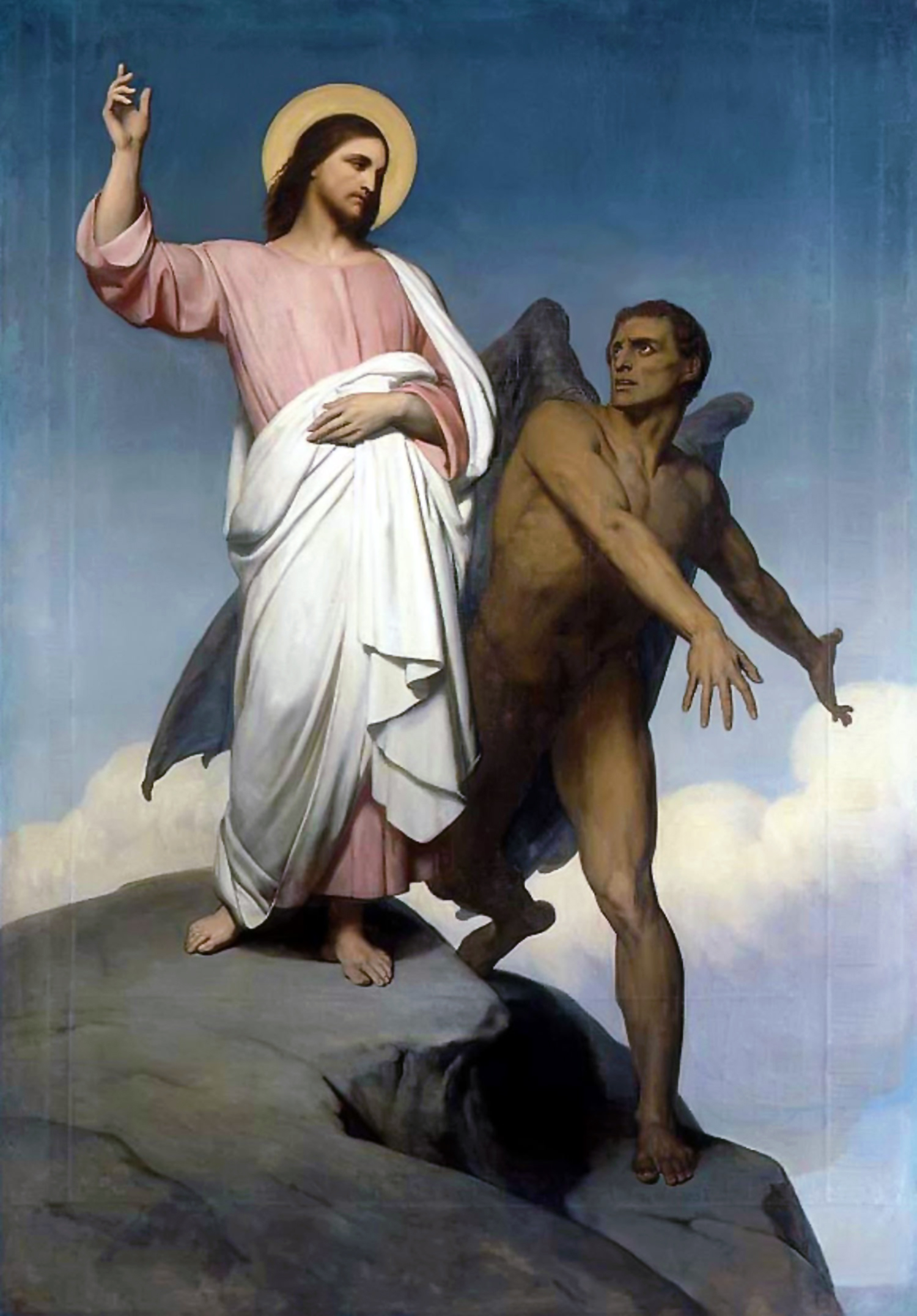
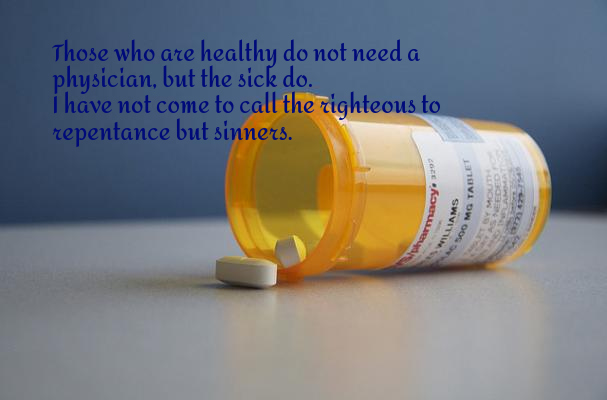
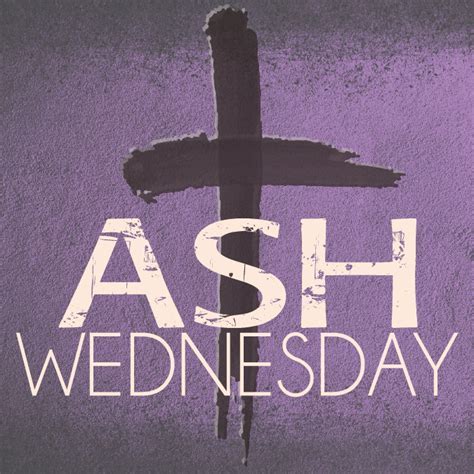
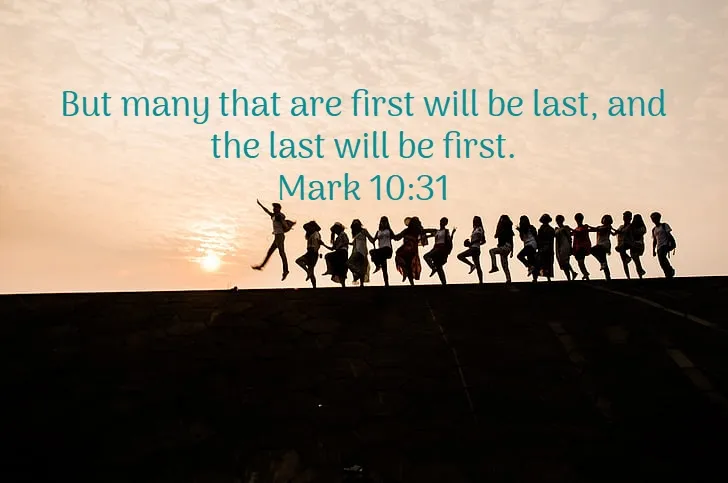
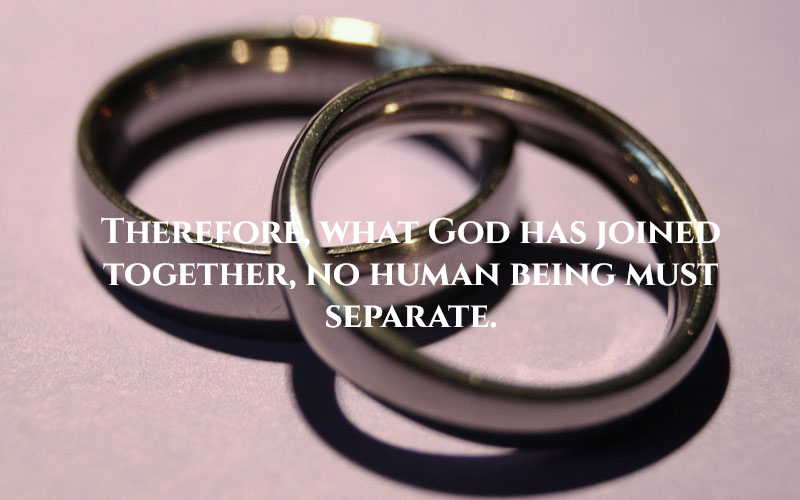
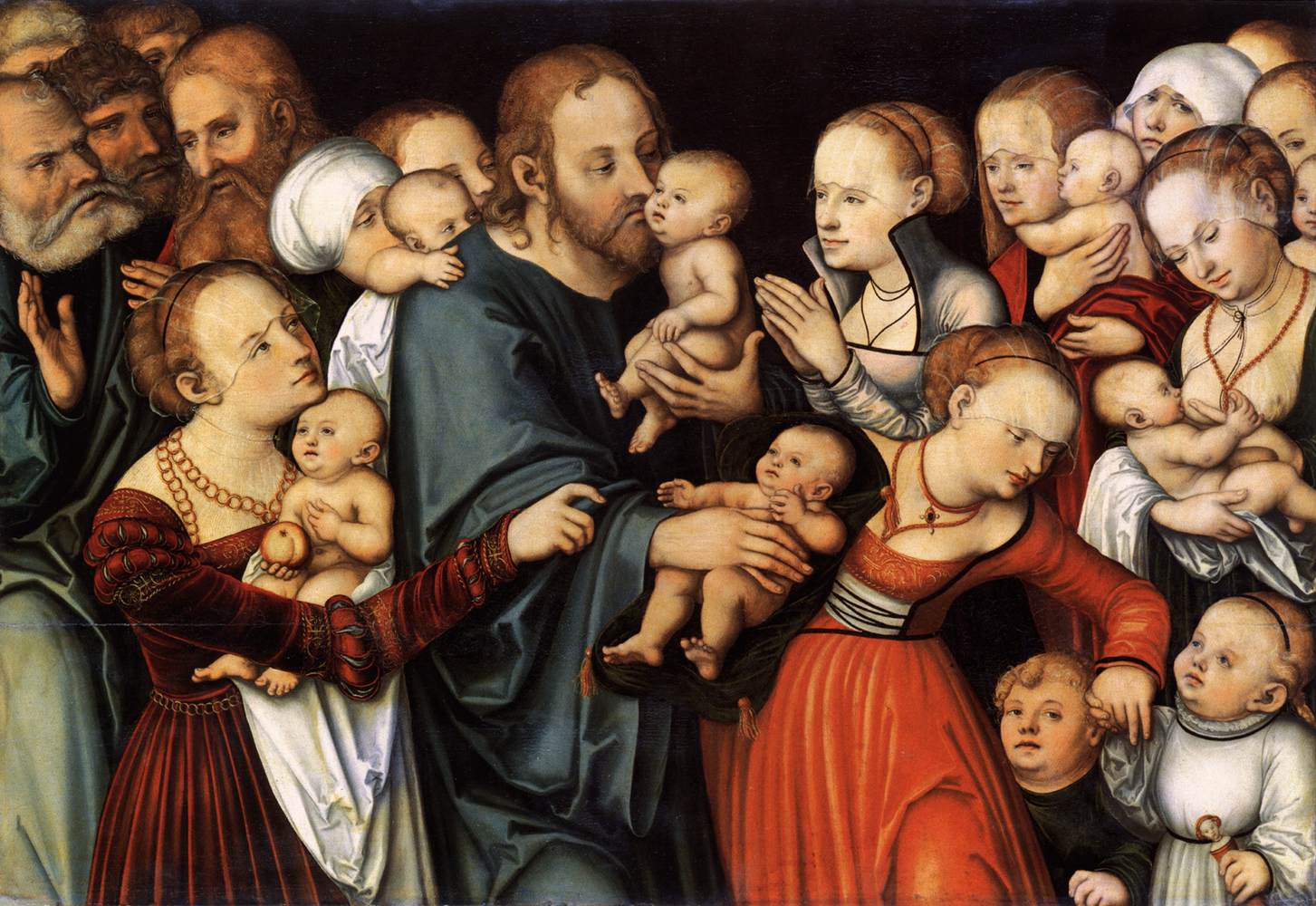
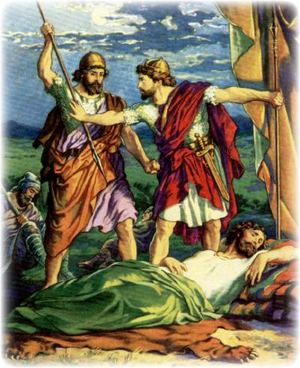
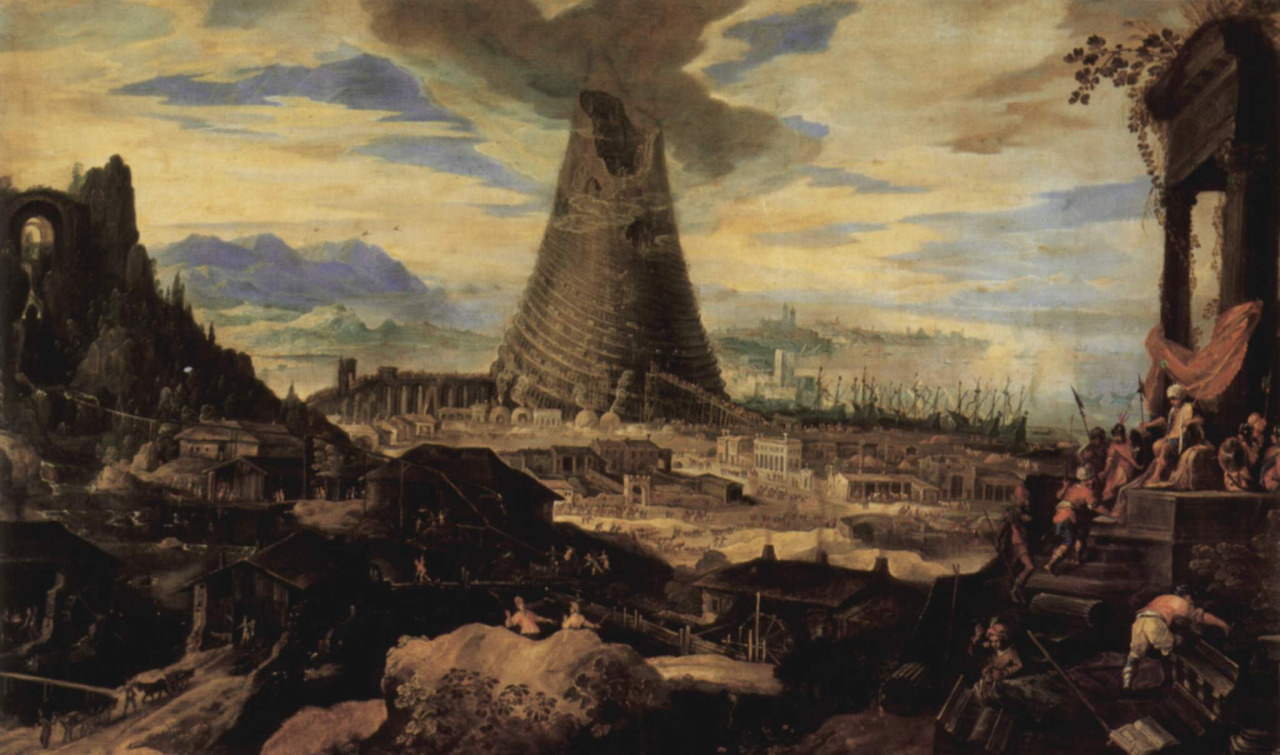
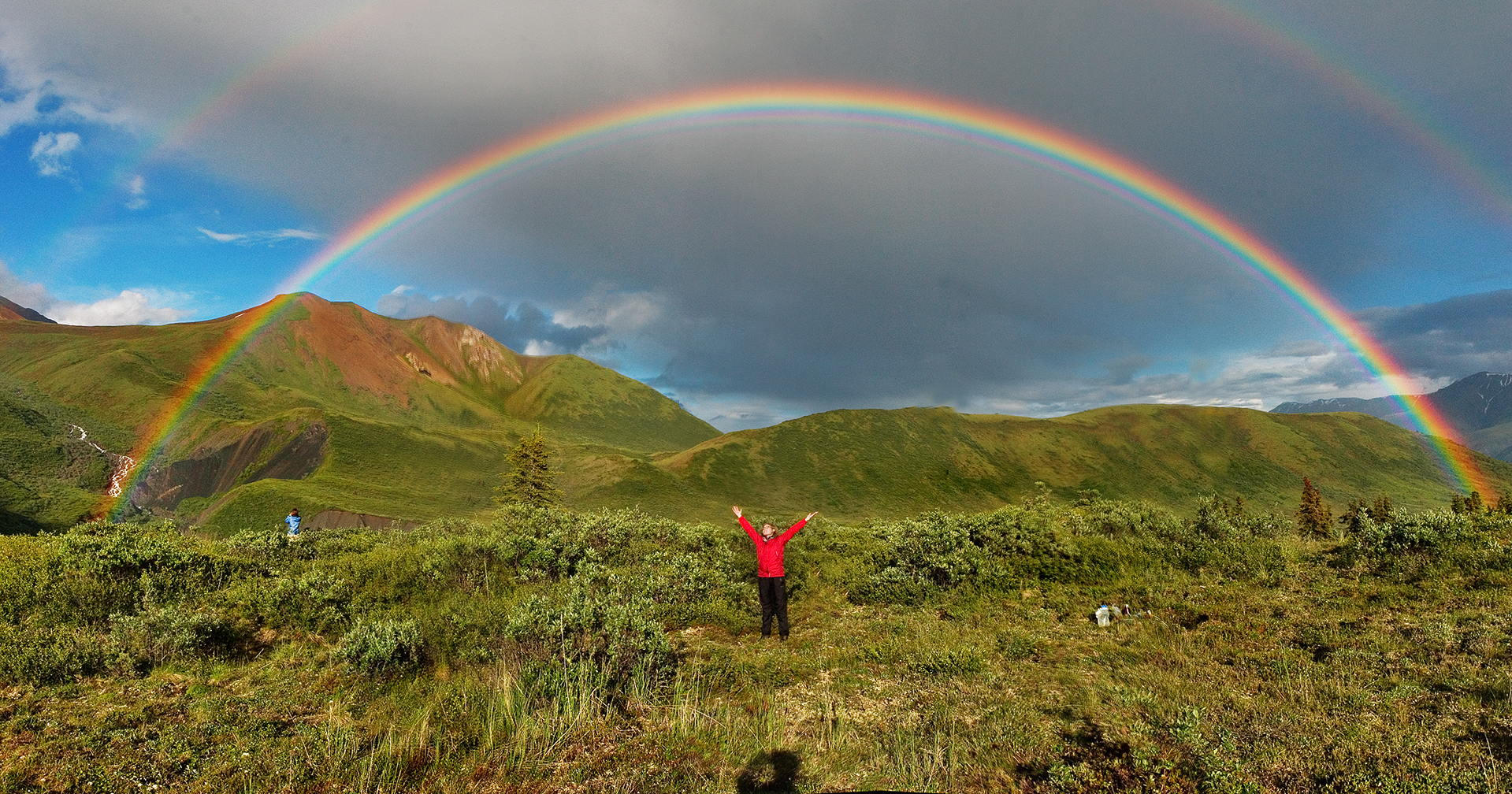
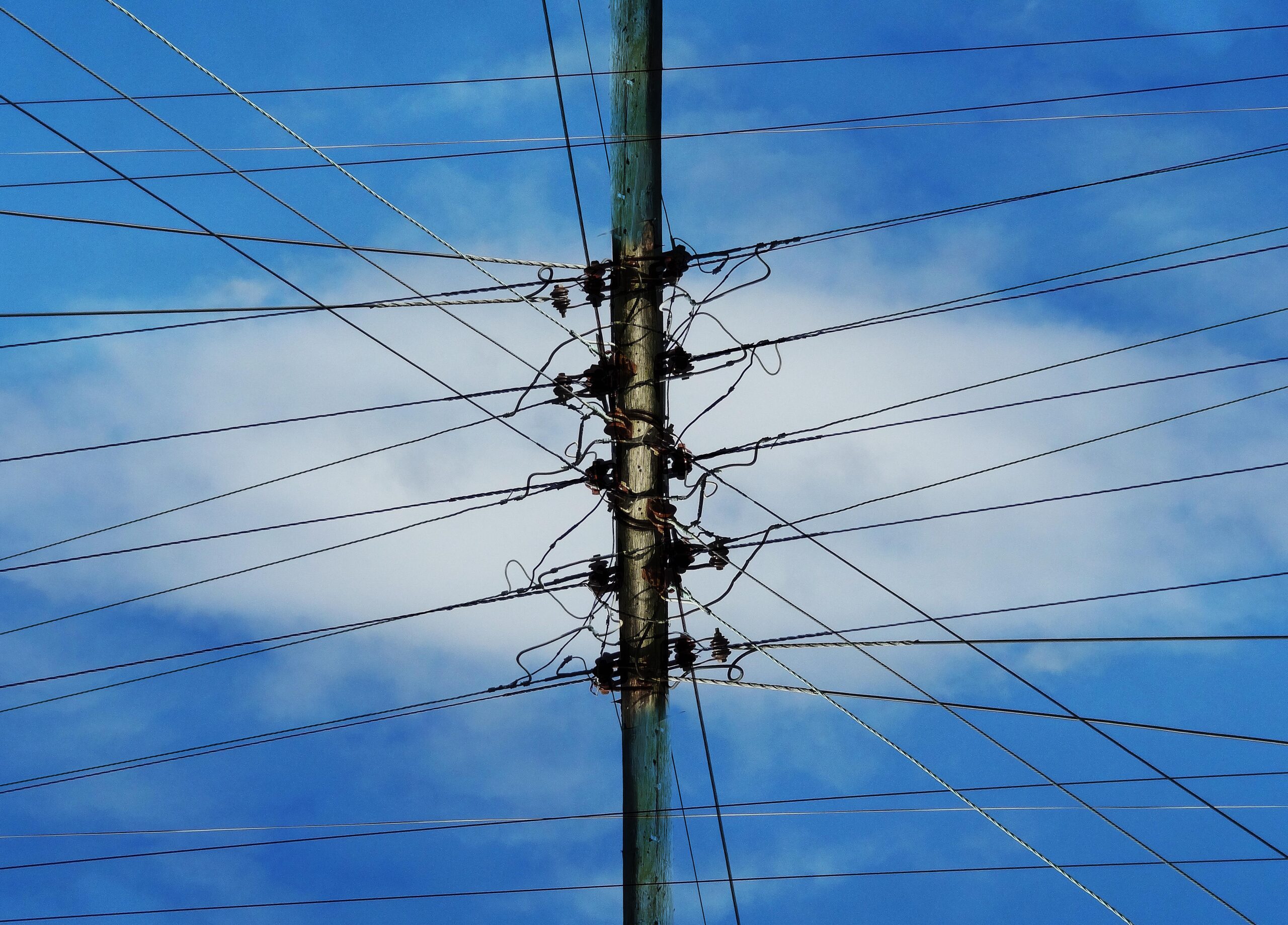
You must be logged in to post a comment.